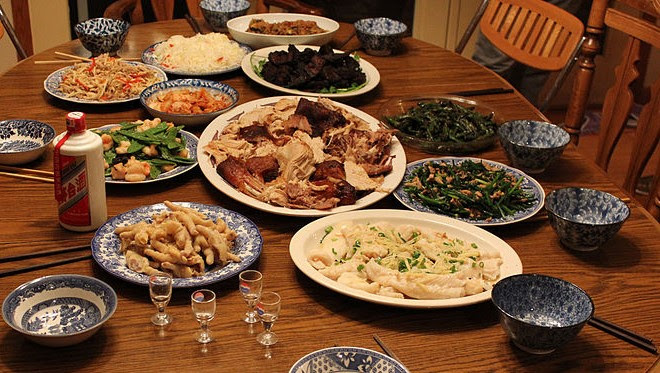
LOCAL
First Recalls in Turkey Salmonella Outbreak
Jennie-O Turkey Store Sales, a company in Barron, Wisconsin, is recalling 147,000 pounds of raw ground turkey products in connection with the multi-state salmonella food poisoning outbreak connected to turkey products.
The recalled products were processed in September, after the outbreak had already begun, suggesting as the CDC has suspected that the cases aren’t all tied to a single contaminated source. Investigators identified this source through a traceback from a turkey package found in a patient’s home.
Consumers are reminded, especially for the upcoming holiday, to safely prepare their raw meat products, including fresh and frozen, and only consume raw poultry product that has been cooked to a temperature of 165°F. Safe steps in food handling, cooking, and storage are essential in preventing foodborne illness.
You can't see, smell, or taste harmful bacteria that may cause illness. In every step of food preparation, follow the four guidelines to keep food safe:
- Clean—Wash hands and surfaces often.
- Separate—Separate raw meat from other foods.
- Cook—Cook to the right temperature.
- Chill—Refrigerate food promptly
Food Safety and Inspection Service
Minnesota Public Radio
NATIONAL
Tick-Borne Disease Rates Break Records
The number of reported cases of the top six tick-borne diseases in humans jumped from 48,610 cases in 2016 to 59,349 cases in 2017. These include, in order of most common, Lyme disease (confirmed and probable cases), anaplasmosis/ehrlichiosis, spotted fever rickettsiosis, babesiosis, tularemia, and Powassan virus.
The number is likely an underestimate. The estimated 36,429 cases of Lyme in 2016 are thought eight to twelve-fold lower than the actual number.
The CDC does not have an exact explanation for the increase driving fluctuating tick numbers, but theories include temperature, rainfall, humidity, and host populations such as mice. Disease reporting frequency and other regional differences could also be affecting the numbers.
U of M Center for Infectious Disease Research and Policy
INTERNATIONAL
Another Grim Determination on Antibiotic Resistance
A review and analysis released last week in Nature Sustainability predicts that the use of antibiotics and pesticides is outside of the planetary safe zone, risking widespread resistance.
The authors concluded that gram negative bacteria, specifically, had already passed the safe boundary. “We are at a very high risk where we now see resistance to all antibiotics that work against Gram negative bacteria,” said Peter Søgaard Jørgensen, of the Royal Swedish Academy of Sciences in Stockholm and an author of the study.
The study originates from the large-scale Living With Resistance project, which groups antibiotics and pesticides into “biocides” because of the commonalities between resistance and susceptibility relationships in both of them. Resistance to pesticides such as glyphosphate and Bt has also been seen in the United States and India because of resistant GE plants interbreeding with wild species.
The researchers are working on means to bring resistance back down to a safe level, including by promoting “biocide susceptible” organisms and increasing the value we place on them in competing with resistant organisms.
Nature Sustainability
SCIDEV.NET
